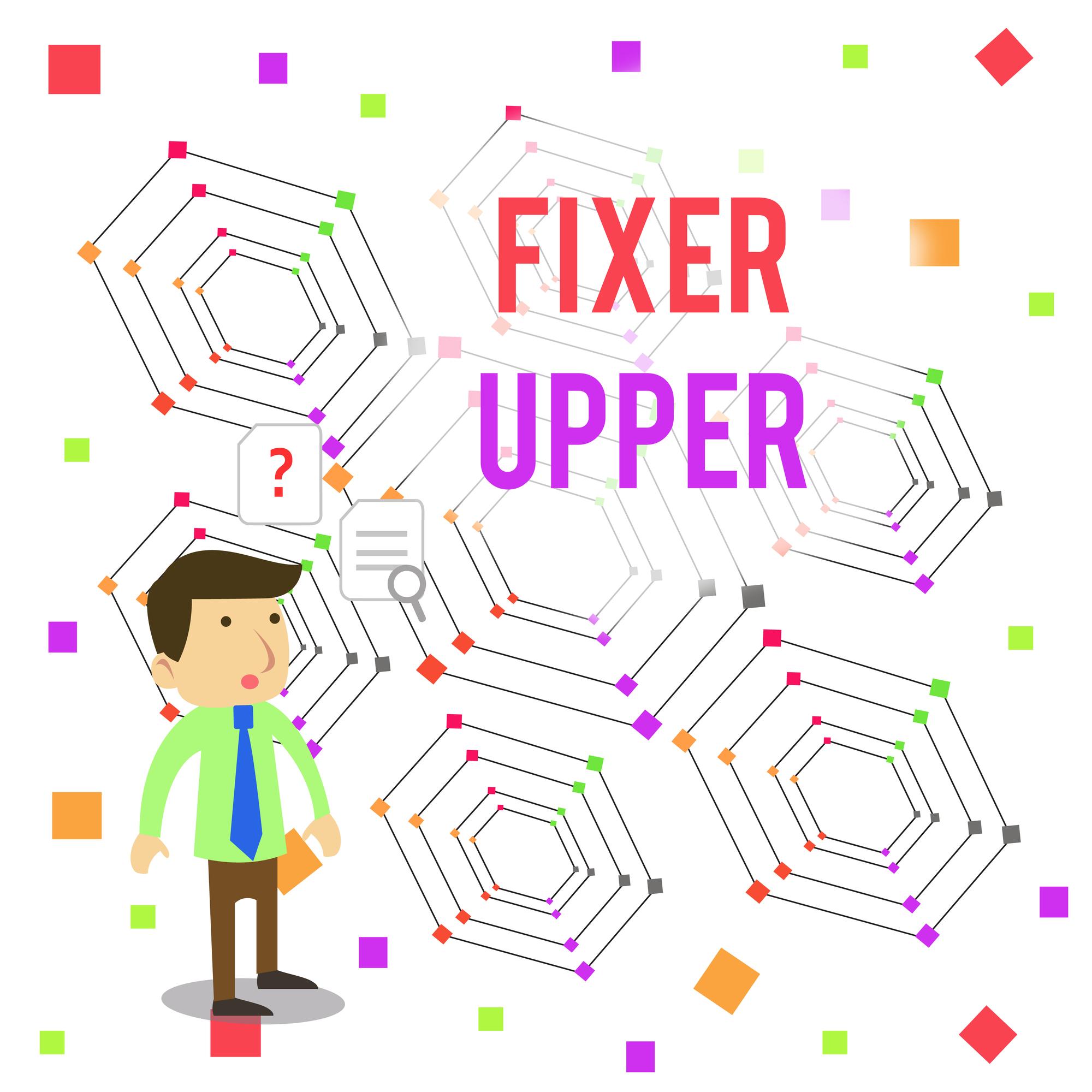A fixer-upper is a property that requires repair, renovation, or redecoration to bring it up to current market standards. The purchase of a fixer-upper can be a financially rewarding endeavor for both first-time and experienced home buyers. However, it also comes with its own set of challenges that may not suit everyone. In this article, we will explore the pros and cons of buying a fixer-upper to help you make an informed decision on whether this type of investment is right for you.
Pros of Buying a Fixer-Upper
Lower purchase price One of the primary benefits of buying a fixer-upper is the lower initial purchase price. Due to the required work and the condition of the property, fixer-uppers are typically priced below market value, allowing buyers to save money upfront. This makes them an attractive option for those who are budget-conscious or looking to enter the housing market without the need for a substantial down payment.
Potential for significant ROI A fixer-upper presents the opportunity for significant return on investment (ROI) through renovations and improvements. If the work is done well and the property is located in a desirable neighborhood, the value of the home can increase substantially once the renovations are complete. This can provide a significant financial gain for the homeowner when they decide to sell or refinance.
Customization opportunities With a fixer-upper, you have the chance to create your dream home by customizing it to suit your taste and lifestyle. Renovating a property allows you to make design choices, select materials, and create a living space that reflects your personality and preferences. This level of personalization can be difficult to achieve in a newly built or turnkey property.
Opportunity to learn new skills Taking on a fixer-upper project provides a hands-on opportunity to learn valuable skills related to home improvement and construction. By participating in the renovation process, you can develop a better understanding of building techniques, materials, and the overall process of remodeling a home. This knowledge can be beneficial for future projects or simply to maintain your home in the long run.
Cons of Buying a Fixer-Upper
Unanticipated costs and time investment While fixer-uppers can be initially more affordable, the renovation process can be riddled with unforeseen expenses and delays. Structural issues, hidden damage, and outdated systems can result in costly repairs that were not accounted for in the initial budget. Additionally, renovation projects can take longer than expected, leading to increased costs and the need for temporary living arrangements.
Financing challenges Obtaining financing for a fixer-upper can be more difficult than for a turnkey property. Lenders often view these properties as risky investments and may require higher down payments or charge higher interest rates. Specialized loans, such as the FHA 203(k) loan or a home renovation loan, can help finance both the purchase and renovation of a fixer-upper, but they may come with additional requirements and fees.
Potential for over-improvement It’s important to consider the potential for over-improvement when renovating a fixer-upper. If the cost of the renovations exceeds the value that they add to the home, it can be difficult to recoup your investment when it’s time to sell. To avoid this pitfall, it’s crucial to research the local real estate market and create a realistic renovation budget that accounts for the potential return on investment.
Stress and inconvenience Renovating a fixer-upper can be a stressful and time-consuming endeavor. The process often involves dealing with construction crews, permit applications, and unexpected setbacks. Living in a home under construction can also be disruptive to daily life and may require temporary relocation. This can put a strain on your and your family.
My suggestion is to consider the property you are interested in, the asking price, and the amount of repairs and construction you’ll need to make it ready to sell.
Do you have a realtor already? If not, I’m available and happy to help with suggestions and recommendations. Contact me.
